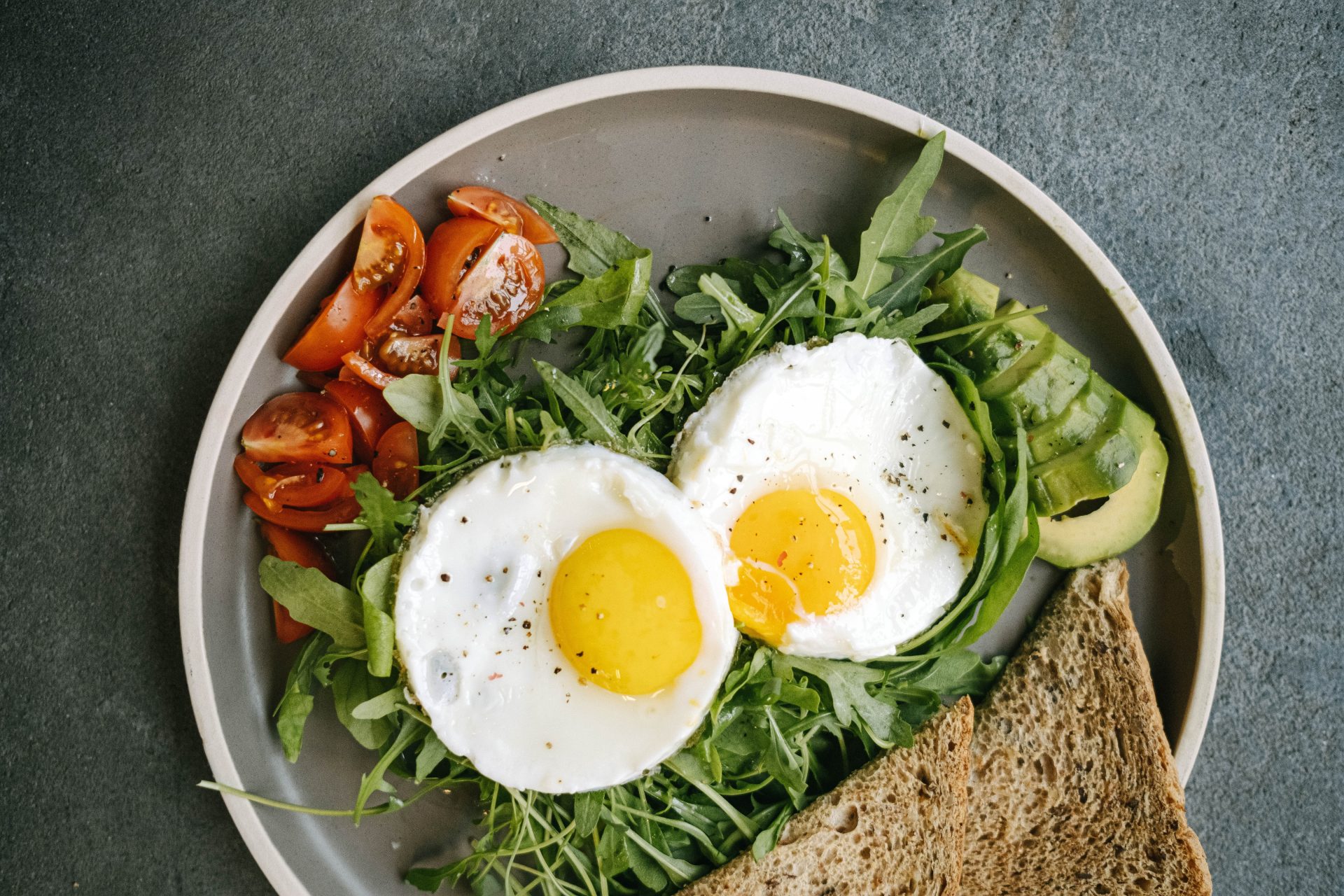Do you need protein within 30 minutes of leaving the gym? We ask the experts.
We’ve long been led to believe that a protein shake as soon as you finish the gym is going to lead to the best recovery, strength and muscle. It’s become such a common belief that you’d be hard-pressed to find a gym that didn’t have at least a vending machine packed with ready-made shakes, and many even have their own protein ‘counters’ to make you shakes of every flavour.
It all stems from the popularised “anabolic window” that is believed to exist after training. In fact, several researchers reference a “window of opportunity” that suggests there’s a limited time frame after exercise in which to optimise muscular adaptations through nutrition. But, according to a review of the research published in the International Society of Sports Nutrition journal, the importance – and even existence – of this can hugely vary.
You may also like
Do you need to take protein supplements if you want to get stronger?
“Your appetite may be impacted with exercise,” points out nutritionist Dr Emilia Thompson. “Some find it gets higher and others, especially those who do high-intensity training, may have a lower appetite after exercise.”
So should you force down a shake if you’re feeling full, or does post-workout eating not really matter?
When’s the best time to eat after exercise?
Eating after training is important in order to support your body’s processes. “An effective post-workout nutrition recovery plan supplies the right nutrients at the right time for our body to start repairing itself,” explains Melissa Kendter, trainer for Tone & Sculpt app. “After a hard workout, your body is in the process of trying to adapt to the previous workload and strengthen itself for the next physical challenge so that it can become stronger and faster. Focusing on protein to help repair damaged muscle and develop new muscle tissue, carbohydrates to replenish depleted fuel stores, and hydration via water and electrolytes.”
But the when is where things get messy. “There is no definitive time to eat post-workout,” says Dr Thompson. She says that the magic 30-minute window isn’t really a thing, but that it’s “actually quite a bit bigger than we first thought, so you don’t need to be inhaling your protein shake as you put on your coat.”

In fact, it turns out that your protein consumption can bookend your training. “It’s a good idea to have protein within a four-hour window of your training,” says Dr Thompson. That can be either before or after your training; if you’re working out at 12pm, the optimum muscle-building eating window runs from 8am until 4pm.
According to the ISSN review, that’s because of how long it takes the body to digest food and remain in an anabolic – muscle-building – state. “Pre-exercise nutrition might influence the urgency or effectiveness of post-exercise nutrition,” it says, and eating within one or two hours of training can “function as both a pre- and an immediate post-exercise meal”.
You may also like
The best vegan protein powders to build muscle and strength
It concludes that the body can sustain protein delivery from anything eaten pre-training, and therefore having protein immediately after training is redundant. Simply having a protein-rich meal whenever you’re next hungry is likely sufficient for maximising recovery, it suggests.
Fasted training
If you haven’t eaten for around four to six hours beforehand, whether that’s because you’re training first thing in the morning or at lunch without a pre-workout snack, you might want to think a little more about the timing of your meal “if muscle retention or growth is the primary goal”.
“If you don’t have time for breakfast or food before training, then do your best to have a serving of protein soon after training,” agrees Dr Thompson.

Nutrient timing
Rather than being too worried about nailing the specific hours of your workouts, both Dr Thompson and Kendter say focusing on your overall nutritional intake is key. “Whether you are focusing on strength training or endurance training, research proves that getting sufficient nutrients, protein and food throughout the entire day is key for optimal results,” says Kendter.
Dr Thompson says that “the real priority for the average gym-goer is to aim for three to four complete servings of protein each day”. That’s around 30g, which might look like “one large chicken breast, half a large tub of Greek yoghurt, a tin of tuna, three eggs on seeded toast, or a large serving of tofu.”.
She also adds that these servings should be “relatively equally spaced throughout the day, supported with carbohydrates, fat and fibre, with lots of variety. If you’re focused on building muscle mass and/or strength, then a post-workout protein source might be helpful; it certainly won’t do any harm. When you finish your workout, consider when your next meal is. If it’s a few hours or more away, then it’s a good idea to have a protein serving post-workout then carry on with your regular meals. That’s really the crux of it.”
Images: Getty/Pexels
Source: Read Full Article
